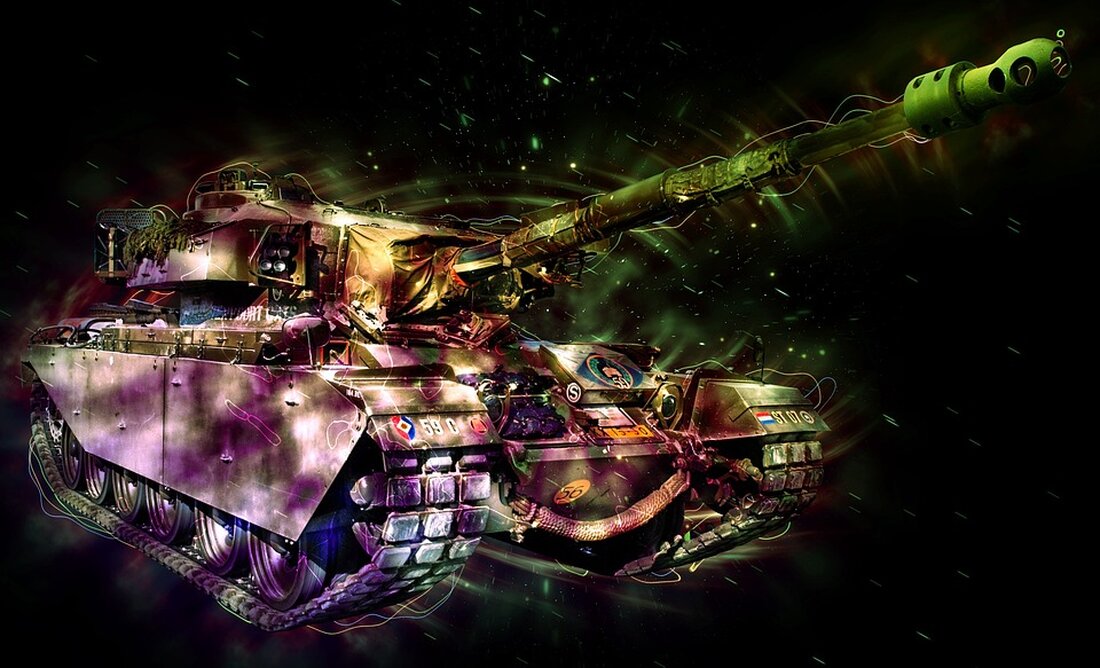The most intensive fight has been shaken by Libya for years
Massive fights shake tripolis after the killing of a militia guide flared rival fractions. The UN urgently demands an armistice. What effects does that have on Libya?

The most intensive fight has been shaken by Libya for years
In the past few days, the most violent fights in Tripolis have occurred for years. Witnesses reported that the clashes will continue on Wednesday morning after the fatal attack on a leading militia chief on Monday. This incident lit the rivalry between different factions in the Libyan capital.
and warns of increasing violence
The UN mission in Libya (Unsmil) was concerned about the escalating violence in the densely populated districts of Tripoli and immediately demanded a ceasefire.
political effects on the government
The current unrest in the capital could help to consolidate the power of Abdulhamid al-Dbebah, the prime minister of the split government of national unity (GNU) and allies of Turkey.
historical background of the conflicts in Libya
Libya has experienced little stability since NATO supported by NATO in 2011, which fell the long -time dictator Muammar Gaddafi. The country has been divided into rival eastern and western factions since 2014. Although a large -scale war paused through a ceasefire in 2020, the situation remains tense.
Libya as an important energy exporter and migration path
Libya is an important energy exporter and also plays an important role as a transit country for migrants on the way to Europe. The conflict in Libya has also attracted foreign powers such as Turkey, Russia, Egypt and the United Arab Emirates. The most important oil systems are located in the south and east of the country, far from the current fights in Tripolis.
instability in Tripolis and Western Libya
While Eastern Libyen has been dominated by the commander Khalifa Haftar and his Libyan National Army (LNA), there is a fragmented control among numerous armed factions in Tripolis and Westlibyen.
measures against armed groups
On Tuesday, Dbeibah turned to the public with the order to reduce so -called irregular groups. This announcement was followed by the murder of the leading militia chief Abdulghani Kikli, better known as the Ghaniwa, as well as the sudden defeat of his group, the stabilization support apparatus (SSA), through fractionated units that close Dbeibah.
new claim to power in the capital
The takeover of SSA areas by the Dbeibah-connected factions, 444. and 111. Brigades, indicates a significant concentration of power in the fragmented capital. The Special Deterrence Force (Rada) remains the last major faction that is not closely connected to the Prime Minister.

 Suche
Suche
